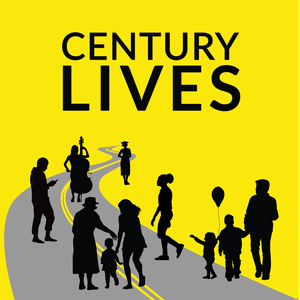What is it about architecture that celebrates longevity?
The world’s most famous architect, Frank Gehry, was actively at work until his death at age 96, finishing his Guggenheim Museum in Abu Dhabi and still designing the greatest works of his career. Masters Frank Lloyd Wright and Phillip Johnson also worked into their 90s and were even more prolific than Gehry.
In this special series, Century Lives introduces Victoria Newhouse, a renowned architectural historian. At age 87, Victoria chats with her contemporaries: the late Frank Gehry, Rem Koolhaas, Moshe Safdie, Peter Eisenman, and Raj Rewal—all renowned architects and all in their 80s and 90s.
In this episode, Victoria Newhouse talks with 93-year-old architect, theorist and professor Peter Eisenman, who holds a place in architectural history as one of the New York Five, and the founder of Deconstructivism. He’s the recipient of the Gold Medal from the American Academy of Arts and Letters. And he has made a lifelong commitment to teaching, serving on the faculty of Yale, Princeton, Harvard, Cooper Union and Cambridge. He now teaches at Cornell University in Manhattan, where he plans to adapt his newest course on the genealogy of architecture as the subject of his 28th book.


